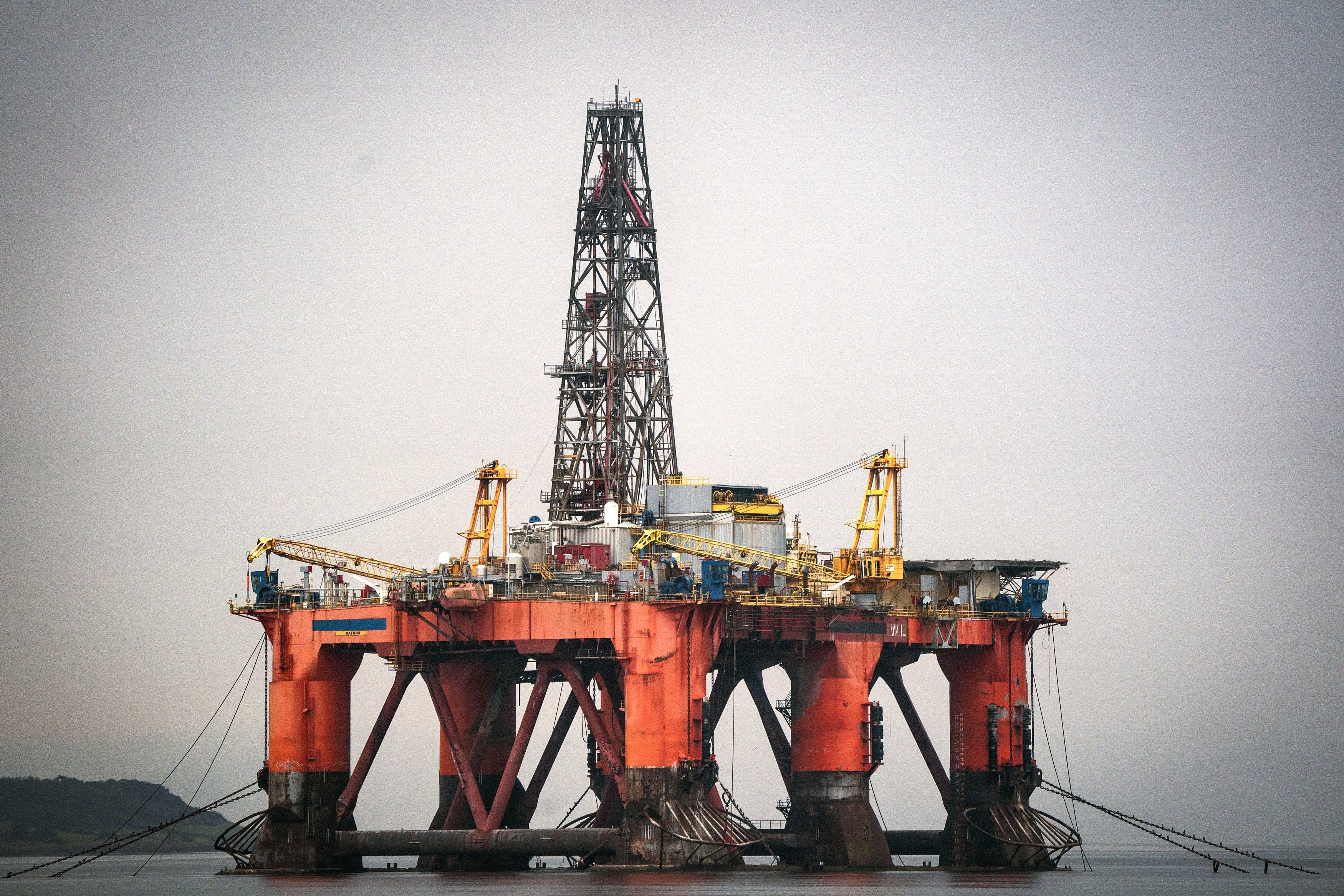Rich countries must end oil and gas production by 2034, report says
The UN says if the world overshoots 1.5C human and natural systems will face further ‘severe risks’

Your support helps us to tell the story
From reproductive rights to climate change to Big Tech, The Independent is on the ground when the story is developing. Whether it's investigating the financials of Elon Musk's pro-Trump PAC or producing our latest documentary, 'The A Word', which shines a light on the American women fighting for reproductive rights, we know how important it is to parse out the facts from the messaging.
At such a critical moment in US history, we need reporters on the ground. Your donation allows us to keep sending journalists to speak to both sides of the story.
The Independent is trusted by Americans across the entire political spectrum. And unlike many other quality news outlets, we choose not to lock Americans out of our reporting and analysis with paywalls. We believe quality journalism should be available to everyone, paid for by those who can afford it.
Your support makes all the difference.Wealthy countries must end oil and gas production by 2034 to ensure the world doesn’t surpass 1.5C of warming and to give poorer nations longer to transition, according to a new report published Tuesday.
The ‘Phaseout Pathways for Fossil Fuel Production’ report, commissioned by the International Institute for Sustainable Development, found there was no room for any country to increase production, and that all would have to make significant cuts this decade if the world wants to meet the target.
A separate United Nations science report published last month found that if the world overshoots the 1.5C mark compared to pre-industrial times “then many human and natural systems will face additional severe risks…some will be irreversible.”
The new report, written by climate scientist Kevin Anderson of the University of Manchester and researcher Dan Calverley, proposes that the poorest nations should be given until 2050 to end production and says they will need significant financial support to transition their economies.
Anderson, who is professor of energy and climate change at The University of Manchester, said the world needed to shift rapidly away from fossil fuel economies, but that it must be done fairly. Russia’s invasion of Ukraine and the subsequent spike in oil and gas prices only strengthen the case made in the report, he said.
“Now is exactly the time we should be planning for a renewable twenty-first century rather than reliving the oil-based twentieth,” he added.
Rich countries can typically remain wealthy without oil and gas revenues, but some poorer nations are so reliant on fossil fuel revenues that rapidly removing them could threaten their political stability, according to the report. Countries like South Sudan, Congo-Brazzaville, and Gabon, for example, have little economic revenue apart from oil and gas production, it said.
Last month’s report by the UN Intergovernmental Panel on Climate Change said countries need to do more to adapt to warming and that rich countries need to do a better job of financing poorer countries to adjust to climate change.
Anderson and Calverley’s report looks at how much future production of oil and gas is compatible with targets under the 2015 Paris Agreement which aims to limit global warming well below 2C, and preferably to 1.5C, compared to pre-industrial levels. It suggests different phase-out pathways for different countries depending on their capacity to transition away from fossil fuels.
For a 50 per cent chance of limiting global warming to 1.5C the report found that the 19 highest capacity countries, with average non-oil GDP per capita of over $50,000 — including the UK, US, Norway and Canada — must end production by 2034, for example.
The 25 lowest capacity countries, with an average non-oil GDP per capita of $3,600 — including Iraq, Libya and South Sudan — must end production by 2050.
Christiana Figueres, a former executive secretary of the UN Framework Convention on Climate Change, welcomed the report as a “timely reminder” that all countries must phase out oil and gas production rapidly with wealthy countries going first, while at the same time ensuring a just transition for those who rely on it.
“Wealthy countries can and must provide the support and resources less wealthy countries need to make the same transition,” she said.
Join our commenting forum
Join thought-provoking conversations, follow other Independent readers and see their replies
Comments